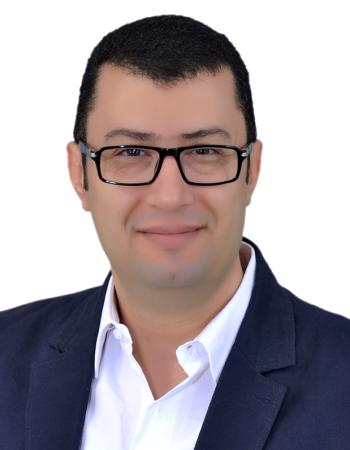Studying the Psychological Profile of Patients with Laryngopharyngeal Reflux.
al, Mesallam TA et . 2015
Abstract
BACKGROUND/AIMS:
Psychological factors have been claimed to play a role in the predisposition for laryngopharyngeal reflux (LPR) symptoms. The aims of this work were to study the relationship between psychological disorders and LPR and to investigate the effect of potential psychological disorders on patients' self-perception of reflux-related problems.
METHODS:
Forty-two patients with symptoms suggestive of LPR were psychologically evaluated using the Social Readjustment Rating Scale, the Symptom Checklist-90 Revised, the Manifest Anxiety Scale of Taylor, the Minnesota Multiphasic Personality Inventory, and the Zung Self-Rating Depression Scale. Oropharyngeal 24-hour pH monitoring was used to diagnose LPR. LPR-related symptoms were assessed using the reflux symptom index (RSI) and the voice handicap index-10 (VHI-10). Patients were divided into groups based on psychiatric evaluation and pH results. Correlations between psychological profile characteristics and LPR-related parameters were also investigated.
RESULTS:
No significant difference was found between the positive and negative LPR group for any of the assessed psychological disorders. Also, no significant difference was detected between the positive and negative psychological disorder groups regarding RSI, VHI-10, and pH results. Correlations between psychological profile parameters and LPR-related measures were also nonsignificant.
CONCLUSION:
It appears that there is no association between psychological disorders and LPR. The psychological background of the LPR patients had no influence on patients' self-perception of their reflux-related problems.

A large population around the world has voice complications. Various approaches for subjective and objective evaluations have been suggested in the literature. The subjective approach strongly…

bjective
The aim of this study was to develop an Arabic version of the pediatric voice-related quality…

Cochlear implantation (CI) in children with additional disabilities can be a fundamental and supportive intervention.

